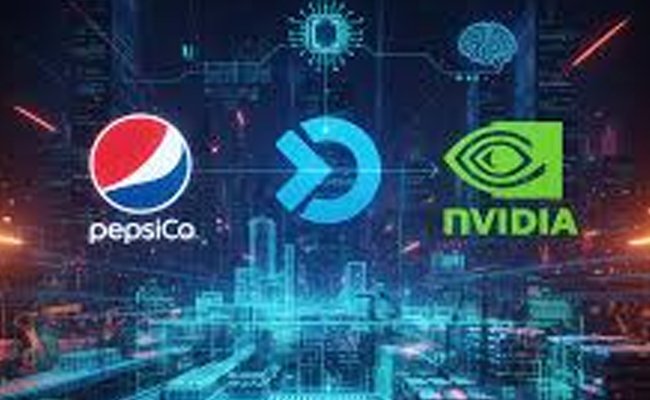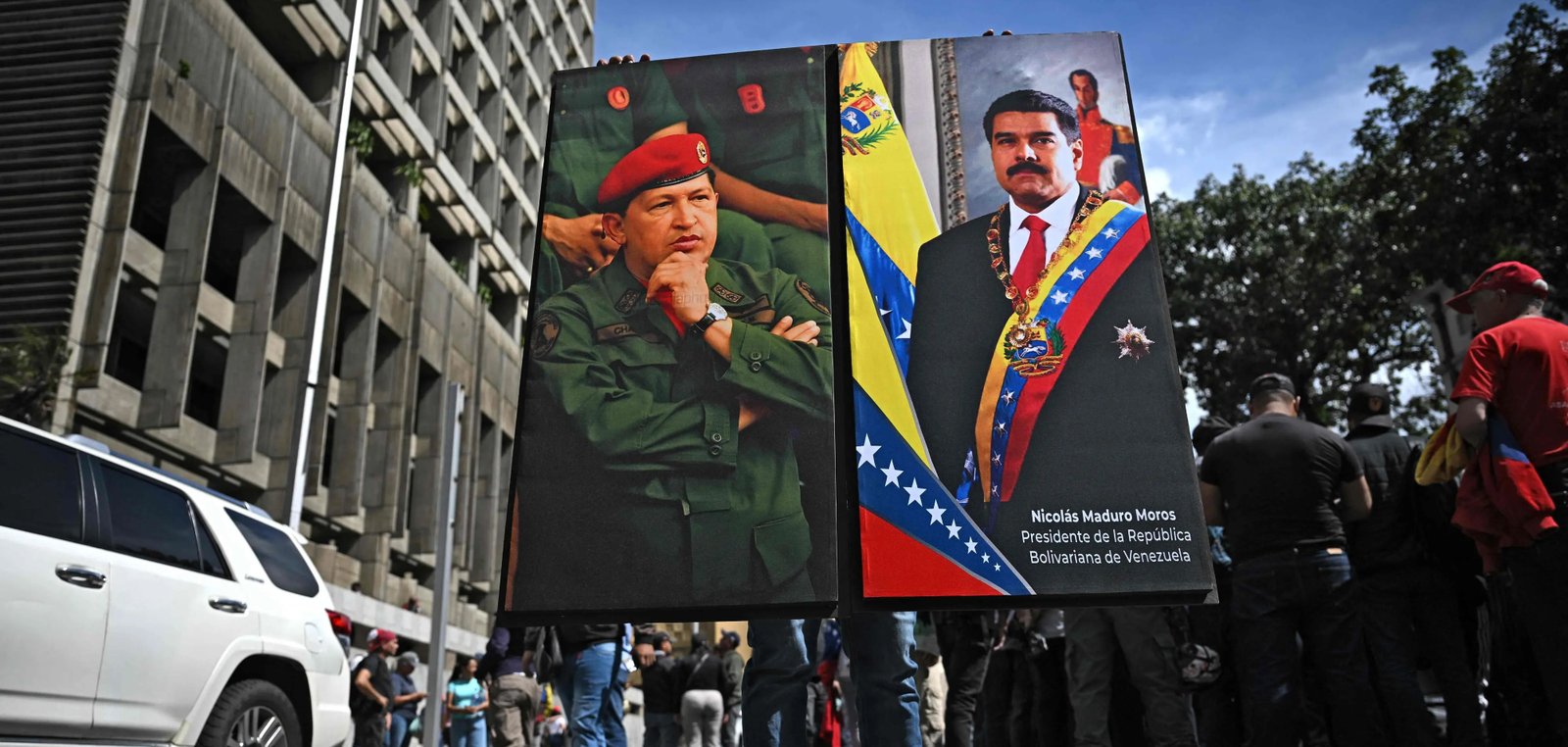Jaspreet Singh (Partner), Clients & Markets Leader - Advisory Services, Grant Thornton Bharat LLP
Tech Landscape
In 2025, enterprises are harnessing cutting-edge technology to drive smarter operations and stay competitive.
◆ GenAI driving faster fraud detection, smarter lending, and personalized customer experiences, while strict governance ensures fairness and compliance.
◆ Cybersecurity is reinforced with AI-driven threat detection, zero trust models, and early defences against quantum threats.
◆ Cloud-native and multi-cloud strategies enable agility and cost control, while edge computing and private 5G support real-time data processing.
◆ Digital twins and AR/VR optimize industrial operations, and sustainability is prioritized through energy-efficient systems and circular IT.
◆ Deepfake detection tools and AI-augmented workforces for greater resilience are also embraced by the enterprises for combating misinformation.
Simulated attacks and interactive learning boost engagement. Clear policies, automated tools, and committed leadership reinforce secure practices. Continuous reminders, recognition programs, and security champions promote a proactive, security-first culture that enhances risk management and operational efficiency across the organization.
Emerging Biz Guardians
By 2025, CIOs will evolve from IT managers to strategic business leaders driving innovation, cybersecurity, and digital transformation. They will integrate AI, cloud, and blockchain, ensure data privacy, and enable agile operations. Collaborating with C-suite peers, CIOs will align technology with business goals to enhance efficiency, growth, and competitiveness. Their leadership will focus on improving customer experience, ensuring security and compliance, and building resilient, future-ready organizations grounded in digital trust.
No role overlapping
While the DPO role could, in some smaller organizations, be taken on by the CIO, CTO, or CISO, it is typically a separate and specialized role due to the specific legal and compliance responsibilities associated with data protection.
◆ CIO: While the CIO may have broad oversight of IT systems, combining this role with DPO could create a conflict of interest since the CIO is responsible for technological decisions that may impact data privacy.
◆ CTO: Similarly, the CTO focuses on technology and innovation, which might conflict with the DPO’s role of ensuring privacy and compliance.
◆ CISO: While the CISO has a security focus, the DPO needs to be independent from IT and security operations to ensure unbiased data privacy oversight.






